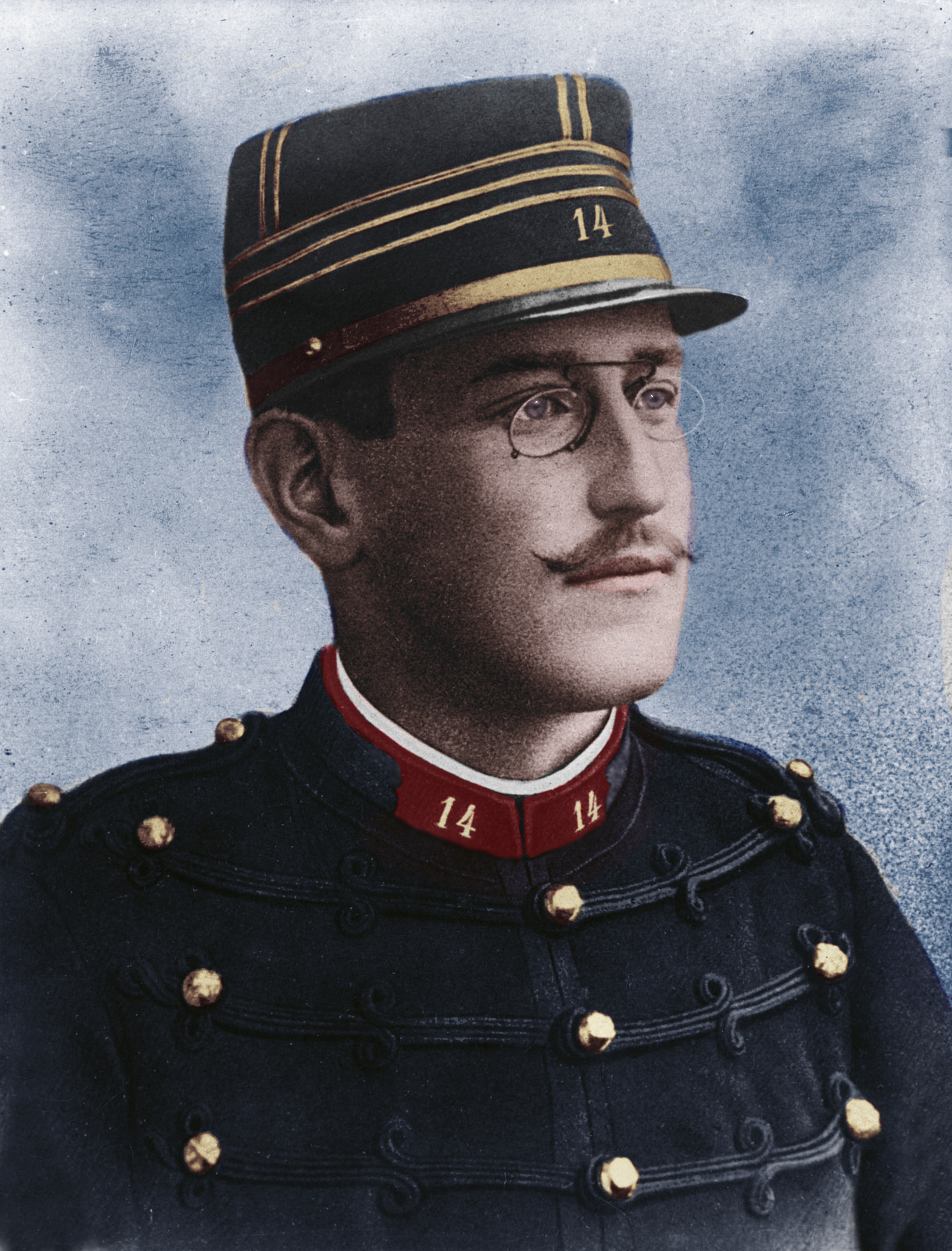A Nation Divided: The False Accusation and Trial of Alfred Dreyfus
Imagine France in 1894, a nation still nursing its wounds from the Franco-Prussian War and grappling with deep-seated antisemitism. In this climate of suspicion, a torn-up memo, the infamous “bordereau,” containing military secrets, surfaces, and Captain Alfred Dreyfus, a Jewish artillery officer, becomes the prime suspect. Despite flimsy evidence, a court, swayed by prejudice and eager to find a scapegoat, convicts Dreyfus of treason. His punishment? Life imprisonment on the desolate Devil’s Island.
Seeds of Doubt and a Fight for Truth: The Emergence of Dreyfusards
The Dreyfus family, particularly Alfred’s brother Mathieu, refused to accept the verdict. They tirelessly sought evidence to prove his innocence. Meanwhile, Lieutenant Colonel Georges Picquart, head of military intelligence, stumbles upon information that suggests Major Ferdinand Walsin Esterhazy, not Dreyfus, is the true culprit. However, when Picquart brings forth his findings, the army, desperate to bury the scandal, silences him.
“J’accuse…!” A Nation’s Outcry and the Power of One Voice
The tide begins to turn in 1898 when renowned writer Émile Zola publishes his now-iconic open letter, “J’accuse…!” Printed boldly on the front page of a leading newspaper, Zola accuses the French government of a blatant cover-up, motivated by antisemitism. Zola’s courageous act electrifies the nation, dividing it into two fervent camps: the Dreyfusards, who champion Dreyfus’s innocence, and the anti-Dreyfusards, who cling to the accusations of treason.
The Long Road to Justice: Pardon, Exoneration, and a Nation Transformed
Zola’s letter sparks public outrage, leading to Esterhazy’s trial. However, in a travesty of justice, Esterhazy is acquitted, further fueling the flames of division. Dreyfus, granted a retrial in 1899, faces a second conviction, but this time, under immense public pressure, receives a pardon from President Émile Loubet. It would take seven more years, until 1906, for Dreyfus to be fully exonerated by the highest court in France and reinstated into the army.
Beyond Dreyfus: The Enduring Legacy of a Miscarriage of Justice
The Dreyfus Affair, though ultimately resolved, left an indelible mark on France. It exposed the corrosive power of antisemitism, revealing the fragility of a justice system vulnerable to prejudice and political maneuvering. The affair became a turning point, leading to significant political and social reforms, including increased separation of church and state, which aimed to curtail the influence of the Catholic Church, and fueled the growth of republicanism.
The Dreyfus Affair stands as a chilling reminder of the importance of vigilance, the pursuit of truth, and the courage to speak out against injustice. It serves as a stark lesson from history, urging us to recognize the insidious nature of prejudice and to be unwavering in our defense of the rights of all.
Read all about discovering the Lost Myself At A Diddy Party Bieber Lyrics, and get the scoop on the latest Keir Starmer Sausage Meme.










